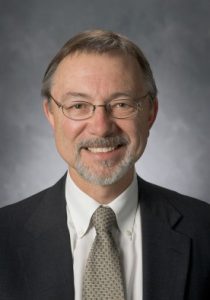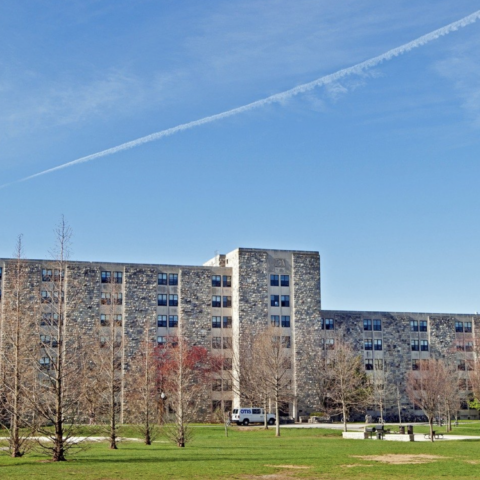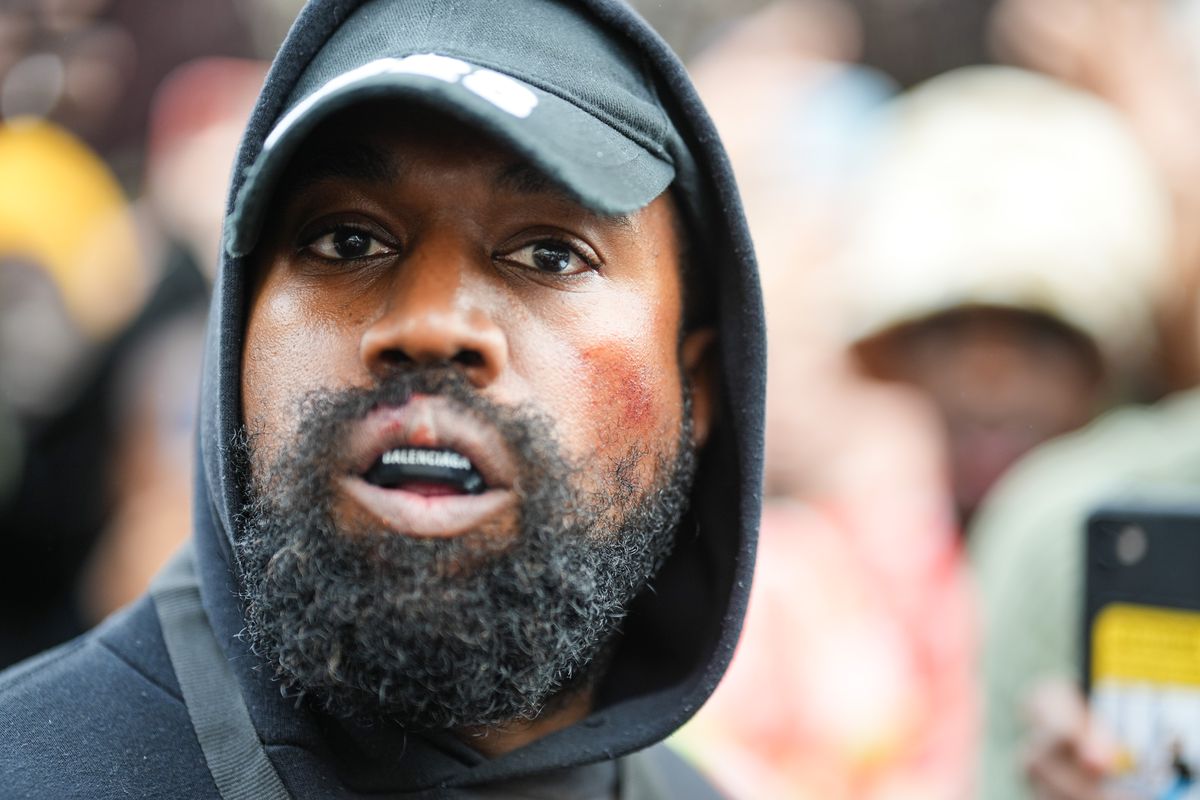The University of Georgia has long been involved in academic research. The University’s administration, both former and current, emphasizes UGA’s role in the world’s “knowledge economy.” The days of Georgia Tech being regarded as the research powerhouse while UGA focuses on less grant-dependent fields such as law, education, social work and social sciences seems to be coming to an end.
Research has become so much of a focus at UGA, in fact, that in the 2014 State of the University address, President Jere Morehead mentioned the word “research” 24 times. Research mentions outnumbered mentions of “service” (14), “alumni” (11) “fundraising” (3), “tuition” (1), “teaching” (1), “education” (14) and, yes, even “football” (2). Research trailed only “students” (27) in per-word mentions in the State of the University address.
Clearly, research is important. In the days of dwindling funding and intense competition between higher education institutions, having a top research program means quite a lot to flagship land-grant universities such as UGA.
Previously, we spoke to Derek Eberhart who is UGA’s Director for Technology Commercialization Office. Dr. Eberhart told us a bit more about how UGA turns its myriad of research innovations and discoveries into dollar bills. This time, we sat down for a Q&A with the man who knows all things research at UGA: Vice President for Research, Dr. David Lee.
An accomplished biochemist, Dr. Lee has been involved in industry and academia. He has held posts with Oncogen/Bristol Myers Squibb and served on the faculty of UNC-Chapel Hill where he held a number of leadership positions, including Head of the Department of Biochemistry and Biophysics in the School of Medicine. Dr. Lee was elected Fellow of the prestigious American Association for the Advancement of Science in 2004, shortly before coming to UGA in 2005.
GPR: How did you become Vice-President for Research at the University?
Lee: I was a faculty member at the University of North Carolina at Chapel Hill (UNC) for a number of years, where I rose through the ranks. I knew from day one I had administration in my blood. Most faculty run away from administrative responsibilities; they would rather focus on their scholarship and it’s a good thing that they do. Then there are some fools like myself (laughs) who tend to gravitate toward doing things for the community. As I look back, I was always taking on increasing roles in terms of helping develop programs, finding funding for programs, setting up scientific core facilities. Overtime I became part of the leadership at the cancer center at UNC; they have a very large and active cancer center there. A bit later on, I became a department head. I like helping faculty and students do what they do. I started looking at jobs like this one because it was the natural next step for someone wanting to move up from department head. When I interviewed here, I just really enjoyed all the people I interacted with here.
GPR: When did you have that realization?
Lee: Well, looking back to graduate school, I served as the president of our graduate student association, I went to faculty meetings; I guess even then I was interested in leadership. Most of it blossomed while I was a faculty member at [UNC] Chapel Hill.
GPR: Would you say you were shooting for administration from the start?
Lee: I would say I fell into it. I didn’t know I wanted to go into administration. I frequently saw people rising through the faculty ranks to dean, provost, and [it appears] like they’ve charted their path. They’re busy building their CVs and they’re focused. I can’t say I was ever that thoughtful or directed about it. It’s been a more natural process.
GPR: We’ve had some big administrative changes at UGA. We have a new president, provost, and several new vice-presidents and deans. What is the next step for research at UGA? How is this new administration going to affect the path? Many people have been saying this will be a new era for UGA with a focus less on construction projects and more on faculty and research building. How will research play into that?
Lee: I hope in a big way. My perspective is UGA has really risen in reputation over the last decade or so by a large degree based on the quality of our undergraduate and graduate programs. I think if we’re going to rise to the level of the very top public research universities around the country, we’ve got to see a similar kind of growth in our research enterprise. I think we’re very good at what we do, but we need to develop some really cutting edge programs in high visibility areas. We need to be more prominent on the national research stage. I know that President Morehead believes this. He’s said research is front and center for his administration, but not to the detriment of our undergraduate programs or our graduate programs or anything else we’re doing. We’re going to have to move forward while keeping those, but we’ve really got to make some giant strides forward for research. I think we’re well positioned to do that with engineering at UGA growing by leaps and bounds. I think the medical partnership, although right now largely focused on training doctors for the state of Georgia, will nevertheless be a platform for increased research in medical and biomedical areas. Lots of colleges have expanded their research programs. I think we’ve developed centers of excellence in many areas. The provost is also dedicated to research. Research is going to be a high priority for the university in the next decade I would predict.
GPR: Referring back to the medical partnership, do you foresee UGA forming it’s own stand-alone medical school in the future?
Lee: No, I think we’ll go forward as a partnership with Georgia Regents University. It’s a good way to serve the state by training more doctors. I think one of the things [the partnership] will cause is increased interaction between UGA and GRU, either through the partnership or because of it. We’ve strengthened collaboration across campus, but I think we’ll see more interactions with Georgia Regents which will benefit our research enterprise.
GPR: What is your overall perception of university rankings? What does it mean for UGA to be a top 20 public research university?
Lee: Well, part of me would like to say that I don’t care about rankings and that what I really care about is the quality of what we do and the impact of what we do. If we focus on those things, the rankings will take care of themselves. Mostly that’s what I believe. It’s hard not to pay attention to rankings.
Why do rankings matter? Because I think rankings are really how we’re perceived nationally and internationally. What do people think when they’re asked about the University of Georgia and how does that compare with Ohio State University or University of Wisconsin-Madison? I think those questions are important because they have all sorts of real impacts. When people in Washington, D.C. are thinking about who to next elect to the National Academy of Sciences, are they going to turn to the University of Georgia and its faculty there, or are they going to think about faculty at places they perceive to have higher reputations? When experts are being invited to places like Washington to help create policies affecting research in the future, where and how the money is going to be invested, will people turn to the University of Georgia and ask our faculty to take place in those conversations? Because those conversations are important to determining where the money ends up.
If we’re not part of those conversations, the money tends not to end up here. Rankings and perceptions of University of Georgia affect graduate students and postdoctoral fellows who are critical to the research enterprise. They’ll only come here if they perceive that this is a high quality place and that a degree from this place will make a difference. I think these perceptions are important, these rankings are important. I think we need to pay attention to them.
GPR: In an article by Chronicle of Higher Education, UGA was mentioned as a potential member to join the Association of American Universities (AAU). Will we be invited to the AAU?
(The AAU is an invite-only association comprised of elite public and private research universities that is often seen as a “gold standard” of higher education in America. AAU criteria include quality of undergraduate and graduate education, the faculty and research enterprise.)
Lee: I’d love to say yes. I think we have some work to do. Right now, our research portfolio is as large and robust as that of most members of the AAU. If I were to list all the members in descending order with those with the largest, most robust research enterprises to those with the smallest, we would be within the group at the low end, but just barely.
GPR: What do you enjoy the most being the VP for Research?
Lee: I love this job. I think I have one of the best jobs on campus. I get a lot of satisfaction out of helping the various constituencies of this office. I get a lot of pleasure about talking about our research stories. It’s hard to single any one thing out, but if I had to, I enjoy working with our faculty, particularly those who work really hard to be top scholars and to make a difference. I enjoy helping them through struggling with headwind, with the federal government cutting the budget for research. The competition for getting a grant these days is really difficult. I enjoy helping faculty in ways that I can. That may be by helping provide some very sophisticated equipment that will make their program competitive, it might be helping them with funding as they’re in between major grants, it might be by redirecting a lot of money into an interdisciplinary graduate program that many faculty members are excited about. I enjoy working with those who work hard to help themselves. I enjoy working with the deans on recruiting new faculty as well. I don’t get to work with students in this capacity, though. That was one of my favorite parts when I was a department head.
GPR: What is one of your hallmark accomplishments or what is one of your goals as VP for Research?
Lee: I like to think that our office has been an important catalyst for our interdisciplinary graduate and research programs. We’ve launched a number of efforts such as the interdisciplinary infectious disease program. We had more than a little bit to do with launching the obesity initiative on campus. [We also had a hand in] the alternative energy initiative at UGA demonstrated our new bio-systems research institute.
What I often say in talks with president or faculty is we’ve done a good job as a university in getting individual faculty their own research grants and awards, but what we need to improve on is we’ve got to start winning these much bigger awards with multiple faculty investigators and large teams which are drawn from multiple institutions.
We want UGA leading. These things really build your reputation. How do we feed the world? What do we do about the water shortage? If people come to UGA to get answers, it’ll mean a lot for this place. This takes bringing broad teams together with lots of different skillets and experiences.
Ultimately, the best thing any leader can do is hire good people. That’s your legacy in the end. I’d like to think we’ve gotten a team in the research office that pound for pound is as good as any team anywhere.


